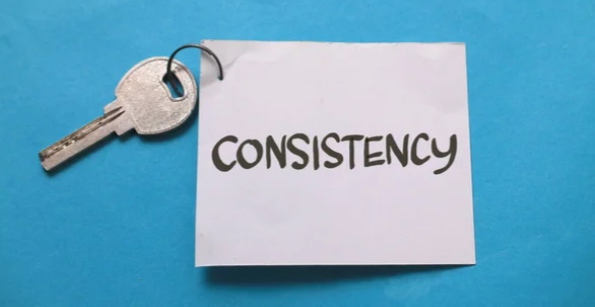
Pain is an inherent part of the human experience. From physical injuries to emotional heartbreaks, we all encounter pain in various forms throughout our lives. But why is it that we are often drawn towards experiences that bring us pain?
One theory suggests that pain can actually be pleasurable in some ways. This may sound counter-intuitive, but there is evidence to suggest that our brains can interpret certain types of pain as pleasurable sensations. For example, some people enjoy the feeling of getting a tattoo or pushing themselves to their physical limits during exercise. In these instances, the brain releases endorphins – chemicals that act as natural painkillers and can create a sense of euphoria. This phenomenon may explain why some individuals are attracted to activities or relationships that may ultimately lead to pain.
Another reason we may be drawn towards pain is the belief that it is necessary for personal growth. Many philosophical and spiritual traditions emphasize the importance of overcoming challenges and adversity in order to develop resilience and wisdom. In this sense, pain can be seen as a catalyst for personal transformation and self-discovery. By facing difficult situations head-on, we are forced to confront our fears and limitations. It ultimately leads to personal growth and development.
Additionally, some individuals may be attracted to pain as a way to gain a sense of control or power over their lives. By willingly subjecting themselves to difficult or challenging situations, they may feel a sense of agency and empowerment. This can be particularly true for individuals who have experienced trauma or loss. Seeking out pain may be a way to regain a sense of control in an otherwise chaotic or unpredictable world.
Of course, it is important to recognize that not all pain is beneficial or healthy. Chronic physical or emotional pain can have serious consequences on our well-being and should be addressed with the help of medical professionals or therapists. Additionally, seeking out pain for its own sake can be a sign of underlying psychological issues and may require professional intervention.
Therefore, while it may seem paradoxical, there are reasons why we may be attracted towards pain in life. Whether it is the pleasure that can be derived from overcoming challenges, the belief that pain is essential for personal growth, or a desire for control and empowerment, our relationship with pain is complex and multifaceted. It is important to recognize the role that pain plays in our lives and to approach it with mindfulness and self-awareness. By understanding our motivations and intentions, we can navigate the complexities of pain in a healthy and constructive way.









